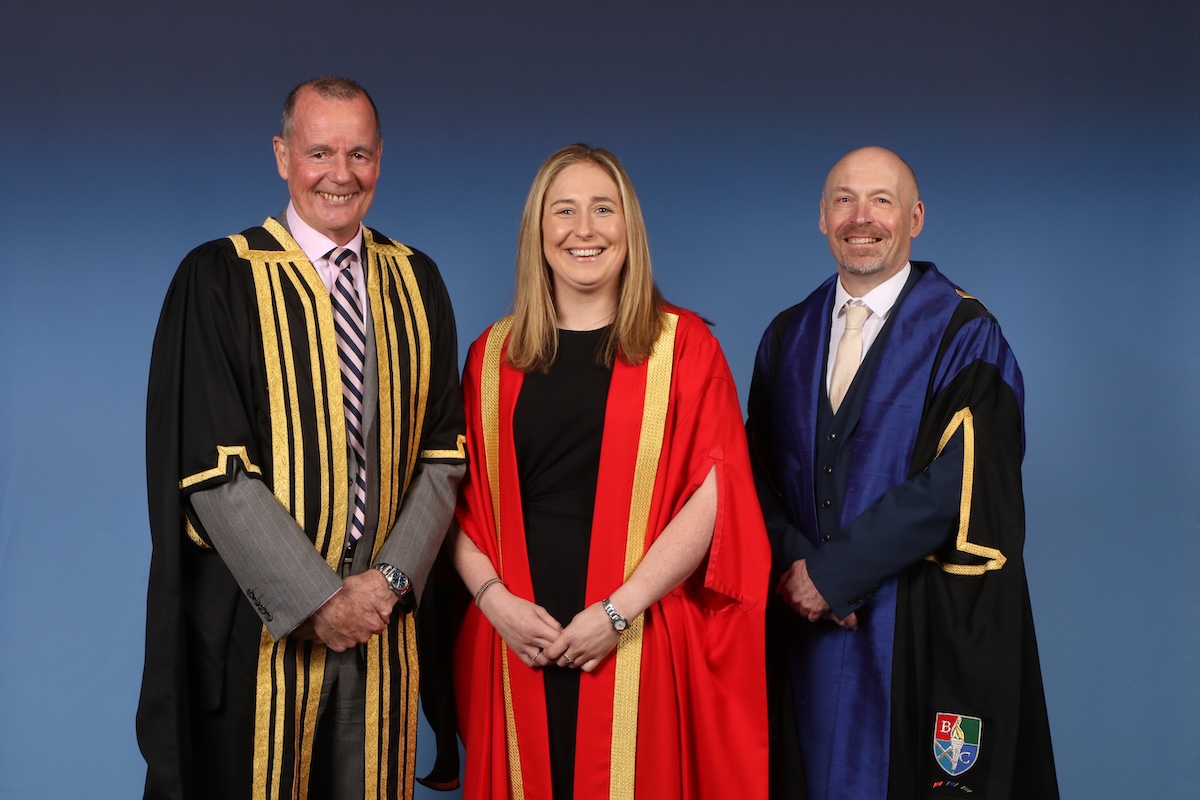Students’ improving academic experience overshadowed by cost-of-living crisis

Advance HE and HEPI publish the annual Student Academic Experience Survey (SAES) today.
This year’s Survey shows that students are working harder, have more assignments and are spending more time being taught and in independent learning than last year. But the cost-of-living crisis is overshadowing the perceptions of their academic experience.
Key findings from this year’s Survey, of which there were over 10,000 responses, show:
- 76% of students feel that the cost-of-living crisis has affected their studies. 50% state that their studies were impacted ‘a little’ and over a quarter (26%) state that their studies were affected ‘a lot’
- There has been a major increase in the number of students in paid employment, from 45% to 55%
- The average number of hours per week spent in class, fieldwork or studying independently has risen from 30.7 to 33.4
- The proportion who would choose the same course and institution again remains similar at 58%, compared to 59% in 2022
- 37% of students said they received ‘good’ or ‘very good’ value for money
- The proportion of students whose experience exceeded expectations increased from 17% to 19%.
A slight improvement in students reporting perception of value for money is mirrored positively by a slight fall in those reporting ‘poor’ or ‘very poor’ value. The main factor driving perceptions of poor value is the cost-of-living. The impact of industrial action is a new inclusion in the survey this year and was the sixth most prominent factor.
With the very clear rise in the number of students in paid employment – from 34% in 2021 to 55% in 2023 – it is reasonable to infer that this will have bearing on the academic experience. For example, of students not in paid employment, 65% would choose the same course and university again; while of those in paid employment of 1-9 hours per week, only 52% would do so. In considering leaving university, 8% cite financial difficulties as the reason – double that in the 2021 SAES report. Answers to a new question about caring responsibilities, appears to show these factors are compounded for the 11% of students with these obligations, and that there is a disproportionate number of these students who are in paid work or who need to commute long distances.
The survey found 16% of students reported their experience has been ‘exactly what I expected’, an increase – or improvement, assuming that students are expecting their experience to be positive – of 5% from 2022. Students in Wales were the most positive, with 25% reporting a ‘better than expected’ experience. Factors affecting a positive experience, such as ‘right level of challenge’ or ‘course well organised’ are coming back into line with those reported prior to the pandemic.
Looking at particular student groups, the survey reveals that Black, Asian and minority ethnic students report a clear improvement over the past three years in their perceptions of ‘value-for-money’ (22% in 2021 to 30% in 2023); ‘experience better than expectations’ (10% in 2021 to 16% in 2023); and ‘would choose the same course again’ (48% in 2021 to 51% in 2023). White students’ experience, while more positive overall, has plateaued over the same period. This year, Black students report the highest figure for ‘experience better than expected’ (22%), but they are least likely to perceive they have had good value or to say they would choose the same course and university again.
When asked for the ‘one thing your institution could do to improve your academic experience’ the most frequently raised topics, in rank order according to the responses were: examination and assessment support; quality of teaching and learning; mental health support; the impact of University and College Union (UCU) strike action; communication concerns; career development and cost-of-living challenges.
For the second year, the Survey gauged students’ experience of inclusivity and Freedom of Speech:
- 65% felt ‘comfortable expressing my view even if others disagree’ (64% in 2022); 14% disagreed (14% in 2022)
- 71% heard ‘a wide variety of opinions expressed on campus’ (69% in 2022); 8% disagreed (9% in 2022)
- 71% thought ‘the curriculum is sufficiently inclusive’; 8% disagreed, unchanged from 2022.
Black, Asian and minority ethnic students were less positive, with scores of 60%, 66% and 65% respectively.
Alison Johns, Chief Executive at Advance HE, said:
‘It is encouraging to see some positive signs that the student academic experience is returning to pre-pandemic levels. I am encouraged that there is progress for students from minority groups.
‘It is really important that we listen to students’ priorities and work with them to co-create an academic experience that helps them fulfil their talents and ambitions. It’s clear that the cost-of-living crisis is holding their experience back, and all stakeholders will be keen to look at ways to mitigate this and achieve and sustain high value in the long-term.’
Nick Hillman, Director at HEPI, said:
‘There are many positives in this year’s results, which show the post-pandemic recovery is well under way in higher education. But the Survey also shows the cost-of-living crisis is not just shorthand for rising prices – most students are being affected in adverse ways.
‘The increase in the proportion of students who feel compelled to do so many hours of paid employment that their studies may suffer seems a particularly acute challenge. Those in power should urgently look afresh at the maintenance support on offer to undergraduates.
‘Given there is an expectation of a general election in the next year or so, we urge policymakers to engage with what students are saying via this year’s results. The Survey shines a spotlight on the areas of higher education that are working well and the areas working less well.’
This year our Survey captured the views of 10,163 full-time undergraduate students studying in the UK. Unless stated otherwise, all figures and tables relate to weighted data from the 2023 Survey. The Survey was designed and developed in partnership between Advance HE and HEPI, with online panel interviews independently conducted by Savanta and Torfac.
The Student Academic Experience Survey 2023 can be downloaded here.
Sector Response
A spokesperson from Universities UK said:
“It is encouraging to see that satisfaction amongst students from underrepresented groups has improved compared to last year, and that the proportion of students rating the quality and value of their degree has gone up.
“However, this data definitively shows that students’ university experience is being negatively impacted by the cost of living crisis. The vast majority feel that their ability to study has been affected, with many having to take on increased hours working to make ends meet. We need government to act fast to increase the amount of maintenance support for students. Universities are doing their bit by increasing hardship funding, offering subsidised or free food on campus and increasing other forms of pastoral support, but there is a limit to what they can do without action from government.”











Responses